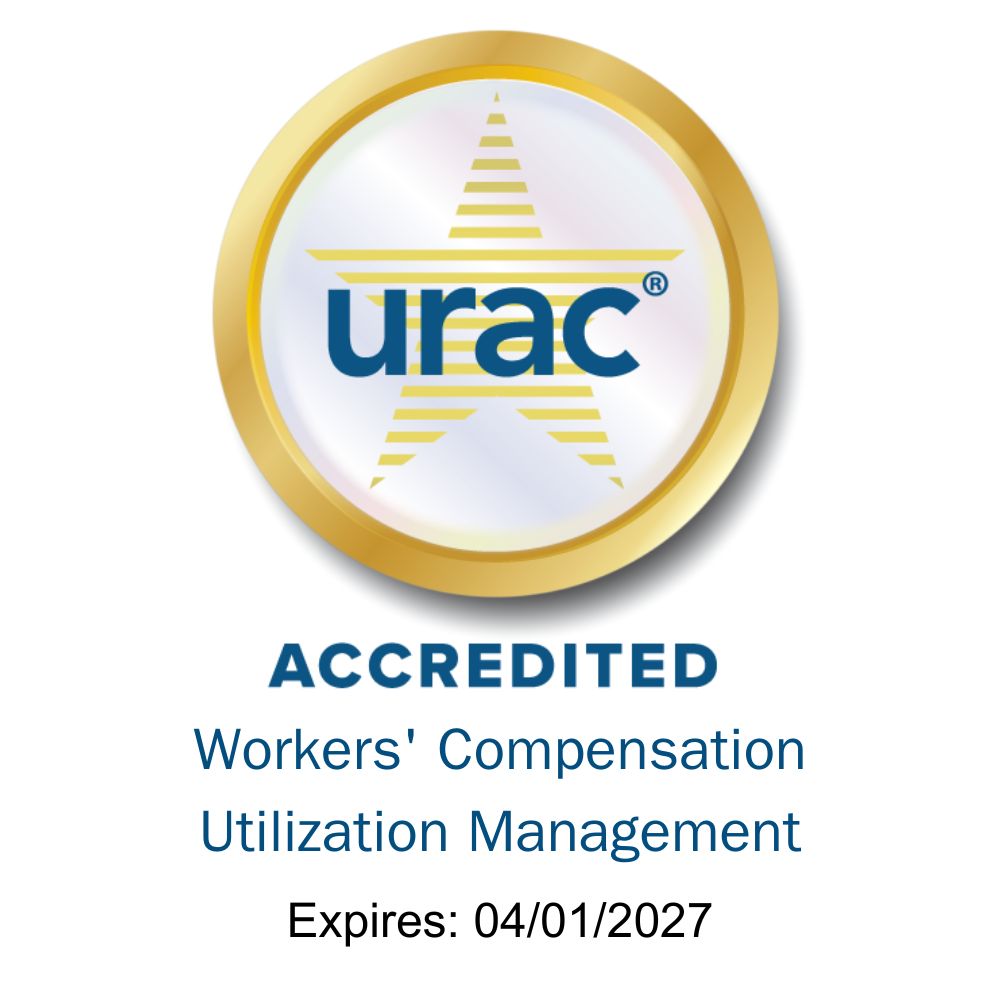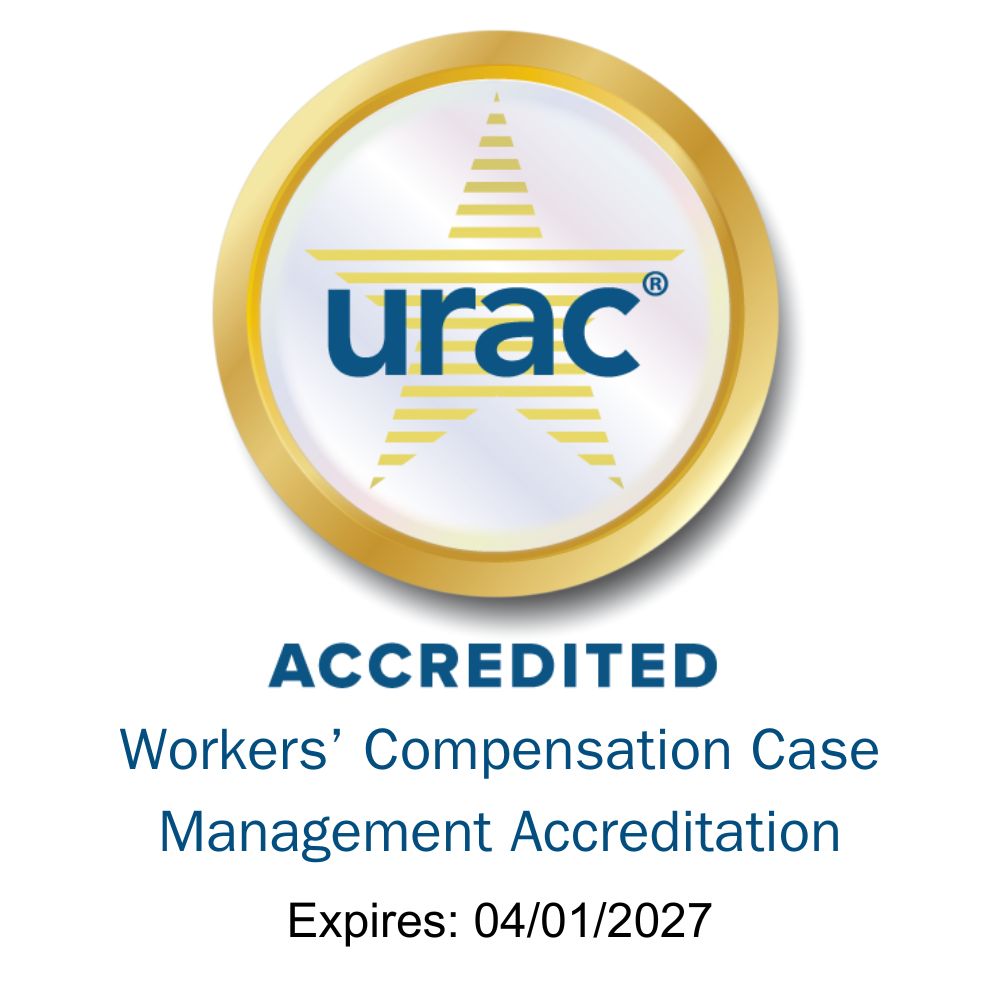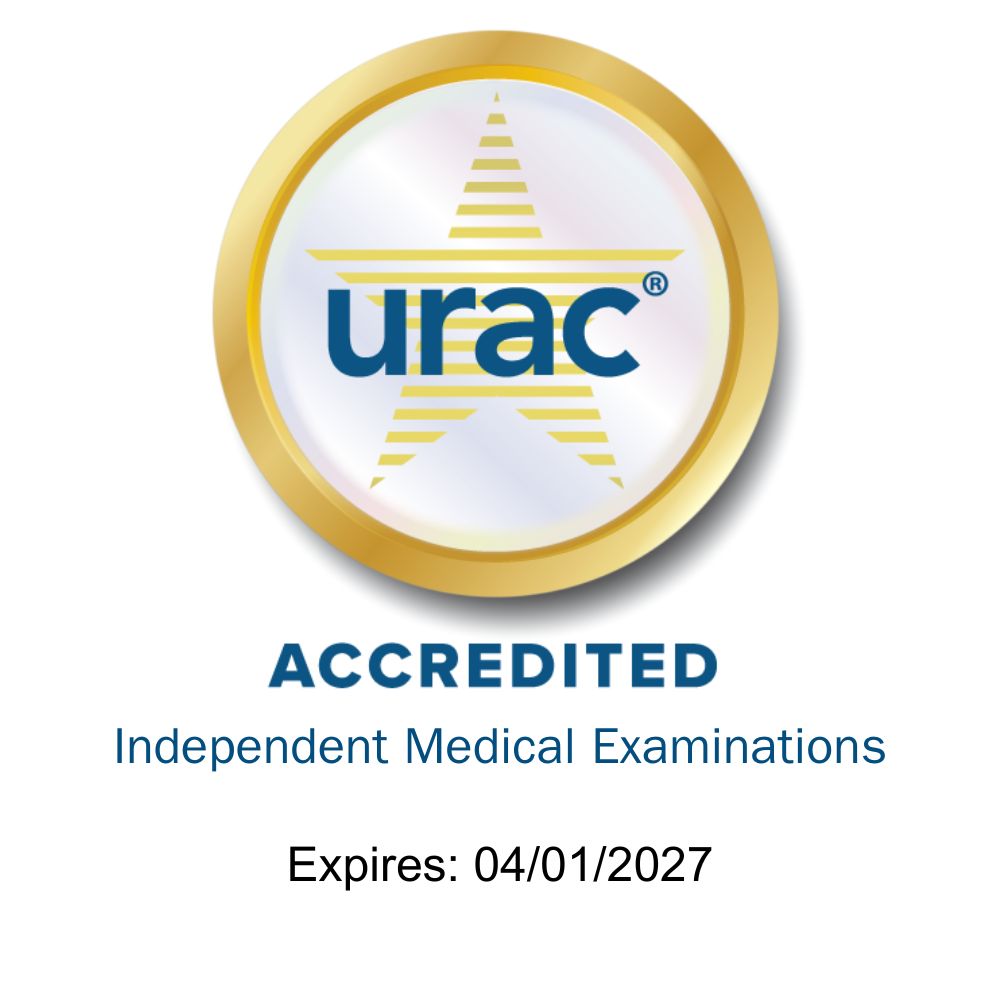Genex Services Outlines Top Barriers to Effective Return-to-Work Programs
Notes strong RTW programs reduce disability duration for costly long term disability case
WAYNE, Pa. – August 6, 2014 – Genex Services, LLC (Genex), one of the nation's largest providers of managed care services, reports that more than three million American employees experienced a work-related injury last year at a direct cost to employers of some $1 billion per week.i As a result, finding ways to get those injured workers back on the job quickly, safely, and sustainably has become a top concern for U.S. employers.
“Returning injured workers back to work is often very challenging,†says Delphia Frisch, COO/EVP at Genex Services. “Even simple injuries can lead to slower recovery and extended work absence if not treated promptly and consistent with clinical guidelines. Unfortunately, employers often face barriers to getting their injured workers prompt and effective care.â€
However, Frisch reports it's an effort that must be made, as: a) most employees want to return to their jobs; and b) finding better ways to return employees to work saves employers thousands of dollars in medical expenses and lost productivity. Data shows that when employers have strong return-to-work (RTW) programs, they can reduce, by weeks and even monthsii, total lost time injury duration.
Genex Services has conducted in-depth analysis of recent claims and outlined the top five barriers and solutions for more effective RTW programs.
- Injured workers often aren't directed to top performing providers. It's estimated that less than 20 percent of work comp injuriesiii are treated by the best-performing doctors in the network (by outcomes, RTW, medical efficiency, and other criteria). That's the difference between several days delay in RTW and several thousand dollars in unnecessary costs. Look for programs that use analytics to identify and direct workers to the best providers in the network.
- There's little recognition or accommodations made for comorbidities, such as obesity or depression. It's estimated that more than 50 percent of American workers are obese, have diabetes, heart disease, or other illnesses.iv Injured employees are 45 percent more likely to be treated for depression than their non-injured counterparts.v RTW programs should address all comorbidities or there may be unnecessary complications with a sustainable RTW.
- Poor utilization of case management programs. Good case management requires a range of skills and attributes, ranging from clinical and vocational credentials and experience, to a strong knowledge of state and federal regulations. Medical case managers must be engaged in every step of the care process to facilitate a more robust exchange of information between the employer and the treating provider. Look for programs that provide optimal and proven case management strategies and outcomes.
- There's often a lack of a formalized written return-to-work policy. When it comes to getting workers back on the job, it's important that everyone is on the same page. Yet many companies haven't fully thought out – let alone communicated, what they want and expect when it comes to returning to work. It is important to have clear written RTW polices to ensure that the employer and vendors are clear on the process that needs to happen to bring injured workers back to full-time duty.
- Some employers are hesitant to embrace modified duty. Temporary modified duty is a crucial step for returning to productive employment. Modified duty involves starting with a limited set of tasks that reflect the medically necessary restrictions established by the treating physician. Temporary job modifications may include modifying a workstation or equipment or rescheduling working, and assignment to another department where light-duty tasks are available. It helps injured workers to re-engage with their colleagues and return to the routine of the workplace. Modified and/or transitional duty can reduce disability duration by 40 percent.vi
For more information about effective RTW strategies, please download our free “Essentials of Return to Work†series at info.genexservices.com/returntowork.
***
Resources used in this news release are available at the following links or upon request. All links accessed 8/5/2014.
[i] https://www.osha.gov/dcsp/products/topics/businesscase/costs.html
[ii] http://www.rand.org/content/dam/rand/pubs/working_papers/2010/RAND_WR745.pdf
[iii] Genex Network Analysis – available upon request
[iv] https://www.cdc.gov/chronicdisease/about/index.htm
[v] http://journals.lww.com/joem/Fulltext/2012/09000/Incidence_and_Cost_of_Depression_After.4.aspx
[vi] http://www.rand.org/pubs/working_papers/WR745.html
***
About Genex Services, LLC
Genex Services is the most experienced workers' compensation managed care provider in the industry. Genex provides insurers, employers, and third party administrators with a broad array of managed care solutions to support the claims management lifecycle. Genex helps firms manage and control the medical, wage-loss, and productivity costs associated with claims in the workers' compensation, disability, automobile, and health care systems. With more than 2,500 employees and 55 service locations throughout North America, the company delivers case management, utilization management, medical bill review, preferred provider organizations, Social Security representation, information management, Medicare Set-Aside, and related cost-containment solutions.






